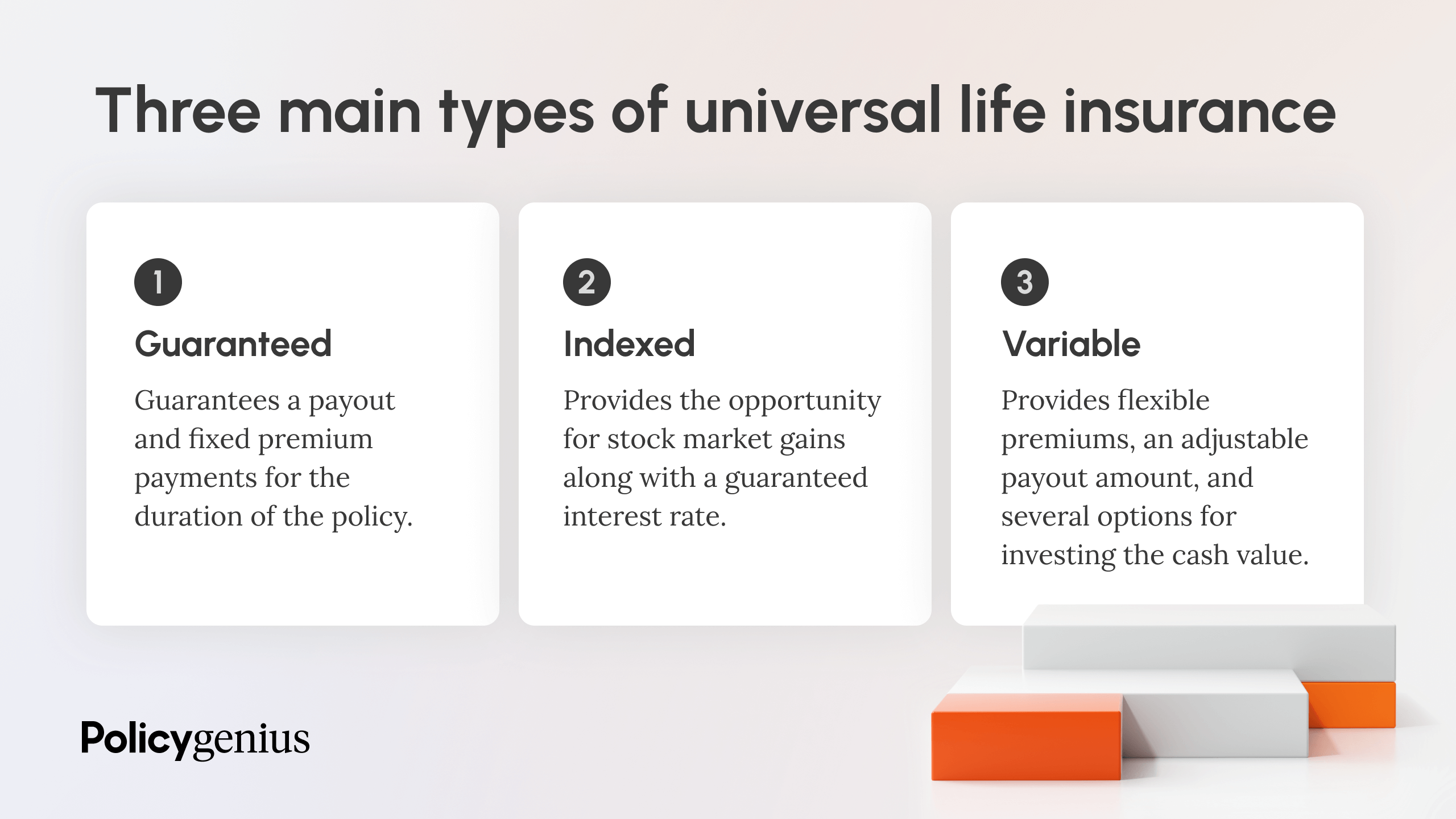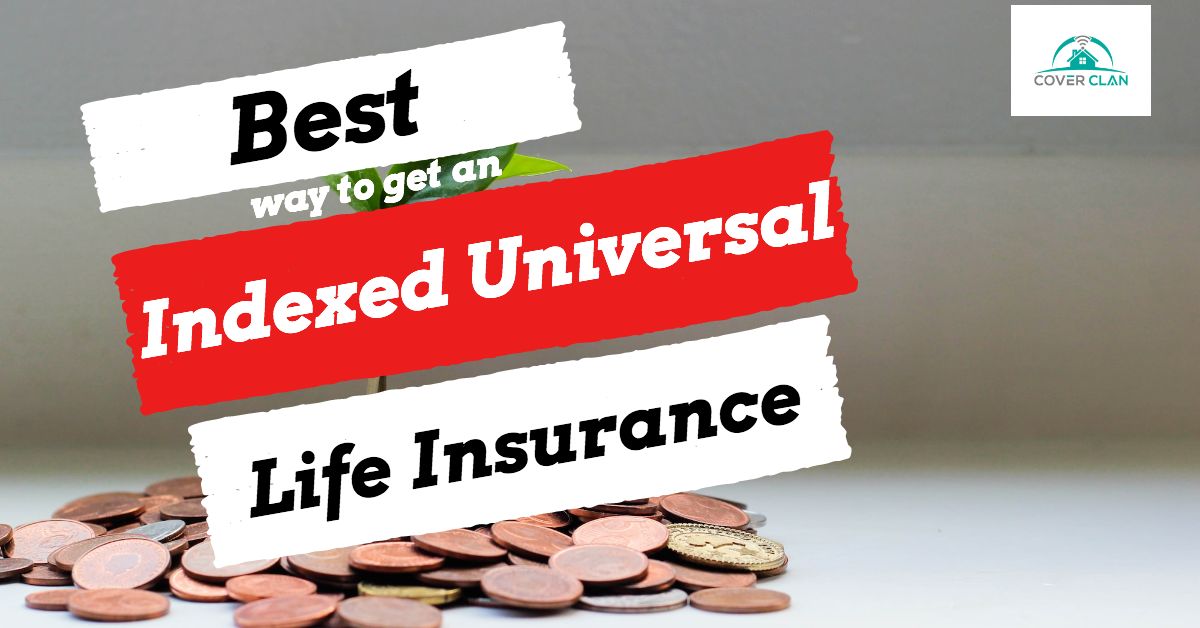All Categories
Featured
Table of Contents
1), usually in an effort to beat their classification averages. This is a straw man disagreement, and one IUL individuals love to make. Do they contrast the IUL to something like the Vanguard Overall Supply Market Fund Admiral Show no lots, an expenditure ratio (ER) of 5 basis points, a turn over proportion of 4.3%, and an outstanding tax-efficient document of circulations? No, they compare it to some terrible actively taken care of fund with an 8% lots, a 2% EMERGENCY ROOM, an 80% turn over proportion, and a terrible record of short-term capital gain circulations.
Shared funds usually make yearly taxable distributions to fund owners, even when the worth of their fund has decreased in value. Mutual funds not only require revenue reporting (and the resulting annual tax) when the common fund is going up in value, yet can additionally enforce income tax obligations in a year when the fund has dropped in worth.
You can tax-manage the fund, collecting losses and gains in order to minimize taxable circulations to the financiers, however that isn't in some way going to alter the reported return of the fund. The possession of shared funds might call for the shared fund owner to pay projected tax obligations (indexed universal life insurance vs term).

IULs are easy to place so that, at the owner's fatality, the beneficiary is not subject to either income or estate taxes. The exact same tax reduction techniques do not function nearly as well with mutual funds. There are many, typically pricey, tax obligation traps connected with the moment acquiring and selling of mutual fund shares, traps that do not relate to indexed life Insurance coverage.
Opportunities aren't very high that you're going to be subject to the AMT due to your mutual fund distributions if you aren't without them. The rest of this one is half-truths at finest. While it is true that there is no earnings tax obligation due to your heirs when they inherit the proceeds of your IUL policy, it is also real that there is no income tax obligation due to your successors when they inherit a shared fund in a taxed account from you.
Indexed Universal Life Insurance Quotes
There are much better ways to avoid estate tax issues than getting investments with low returns. Mutual funds might create revenue taxation of Social Safety and security advantages.

The development within the IUL is tax-deferred and may be taken as tax totally free revenue through loans. The policy proprietor (vs. the shared fund manager) is in control of his or her reportable revenue, thus enabling them to lower or also remove the taxes of their Social Protection benefits. This one is great.
Below's another marginal problem. It holds true if you acquire a shared fund for state $10 per share right before the circulation day, and it distributes a $0.50 distribution, you are after that going to owe taxes (possibly 7-10 cents per share) despite the fact that you have not yet had any kind of gains.
In the end, it's really concerning the after-tax return, not how much you pay in tax obligations. You're also possibly going to have more money after paying those tax obligations. The record-keeping demands for owning mutual funds are dramatically more intricate.
With an IUL, one's documents are kept by the insurance company, copies of yearly statements are mailed to the owner, and circulations (if any) are amounted to and reported at year end. This is likewise sort of silly. Obviously you must maintain your tax records in case of an audit.
Indexed Universal Life Pros And Cons
All you have to do is shove the paper into your tax obligation folder when it shows up in the mail. Hardly a factor to buy life insurance. It resembles this person has never ever purchased a taxed account or something. Mutual funds are generally part of a decedent's probated estate.
Additionally, they are subject to the hold-ups and costs of probate. The proceeds of the IUL plan, on the various other hand, is always a non-probate distribution that passes outside of probate straight to one's named recipients, and is therefore not subject to one's posthumous financial institutions, undesirable public disclosure, or comparable hold-ups and prices.
We covered this one under # 7, however simply to recap, if you have a taxable mutual fund account, you should place it in a revocable count on (or even easier, utilize the Transfer on Fatality designation) in order to prevent probate. Medicaid disqualification and lifetime earnings. An IUL can provide their proprietors with a stream of earnings for their whole life time, no matter of for how long they live.

This is valuable when organizing one's affairs, and transforming possessions to revenue prior to an assisted living home confinement. Mutual funds can not be transformed in a similar fashion, and are generally considered countable Medicaid assets. This is another dumb one supporting that poor people (you understand, the ones that require Medicaid, a federal government program for the poor, to pay for their assisted living home) need to make use of IUL rather than mutual funds.
Index Linked Insurance Products
And life insurance policy looks horrible when compared rather versus a retired life account. Second, people that have money to purchase IUL above and beyond their retirement accounts are going to need to be dreadful at handling money in order to ever before qualify for Medicaid to pay for their retirement home prices.
Chronic and terminal health problem cyclist. All policies will certainly allow a proprietor's very easy access to money from their plan, often forgoing any kind of abandonment fines when such individuals experience a serious ailment, need at-home treatment, or become constrained to a retirement home. Shared funds do not supply a comparable waiver when contingent deferred sales costs still relate to a mutual fund account whose owner needs to offer some shares to money the prices of such a stay.
Eiul Insurance
You obtain to pay more for that benefit (cyclist) with an insurance coverage plan. What a fantastic offer! Indexed universal life insurance policy gives survivor benefit to the beneficiaries of the IUL proprietors, and neither the proprietor nor the beneficiary can ever before shed money because of a down market. Shared funds give no such warranties or fatality advantages of any kind.
I definitely don't require one after I get to financial self-reliance. Do I want one? On average, a purchaser of life insurance pays for the real expense of the life insurance advantage, plus the prices of the plan, plus the earnings of the insurance coverage business.
What Is Equity Indexed Universal Life Insurance
I'm not totally certain why Mr. Morais threw in the entire "you can not lose money" once more here as it was covered fairly well in # 1. He simply intended to repeat the most effective marketing factor for these points I suppose. Once more, you do not lose nominal bucks, however you can lose real dollars, as well as face severe possibility price because of low returns.
An indexed global life insurance policy policy owner might exchange their policy for a completely different policy without causing earnings taxes. A shared fund proprietor can stagnate funds from one shared fund company to another without selling his shares at the previous (therefore causing a taxable occasion), and repurchasing brand-new shares at the last, frequently based on sales charges at both.
While it holds true that you can exchange one insurance coverage for one more, the factor that people do this is that the very first one is such an awful plan that even after purchasing a new one and experiencing the early, unfavorable return years, you'll still appear in advance. If they were sold the right policy the very first time, they shouldn't have any wish to ever trade it and experience the very early, adverse return years once more.
Table of Contents
Latest Posts
Iul Comparison
Cost Universal Life Insurance
Iul Dortmund
More
Latest Posts
Iul Comparison
Cost Universal Life Insurance
Iul Dortmund